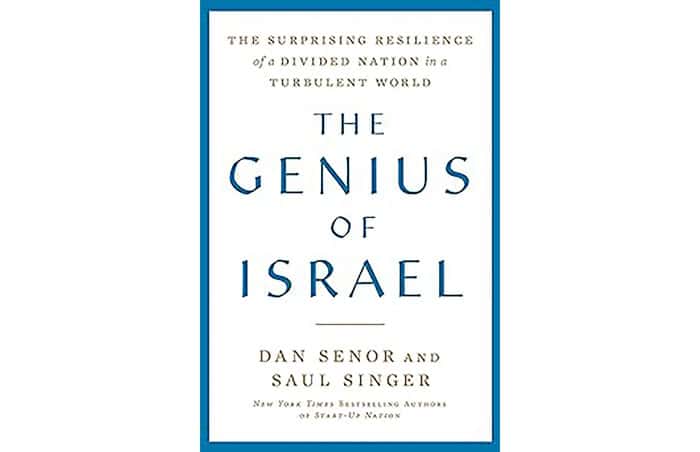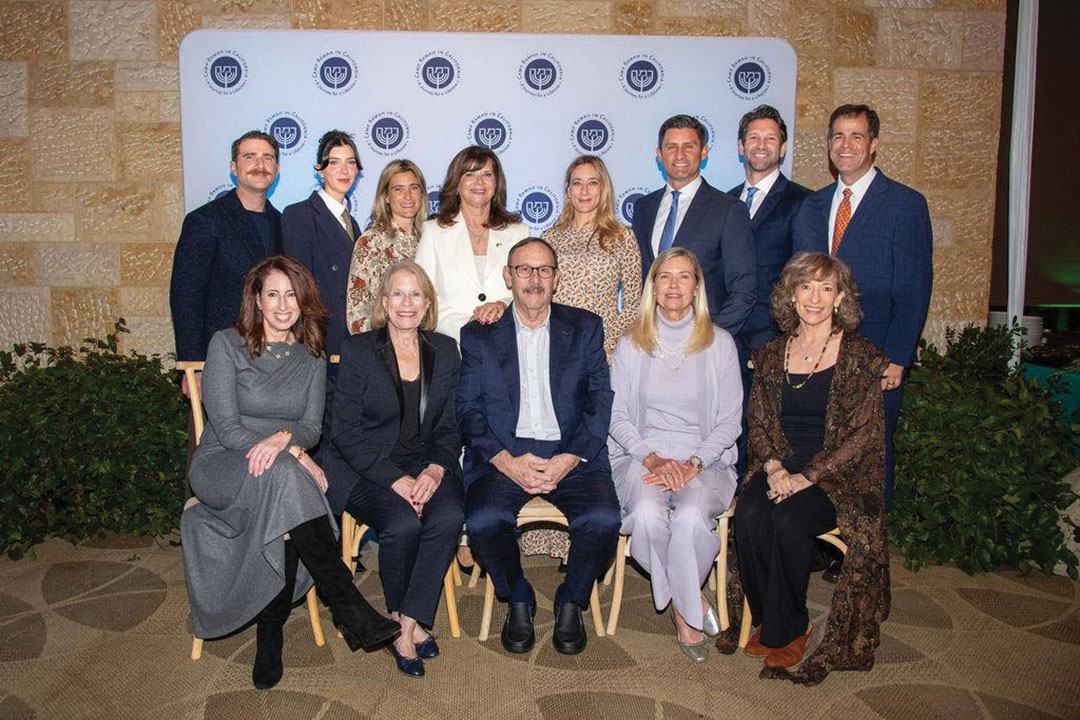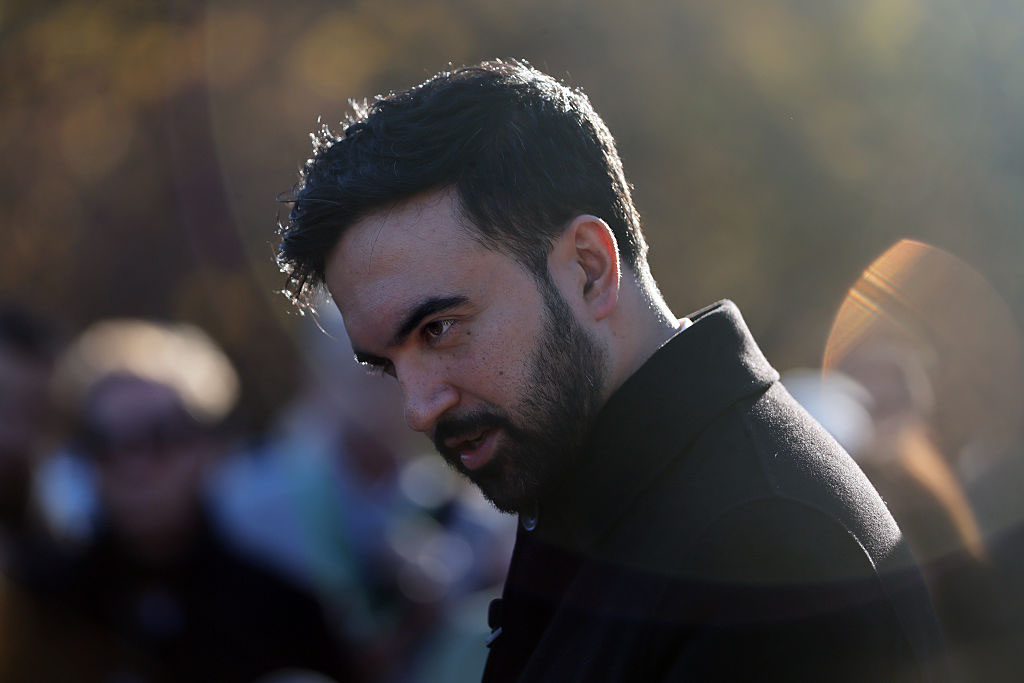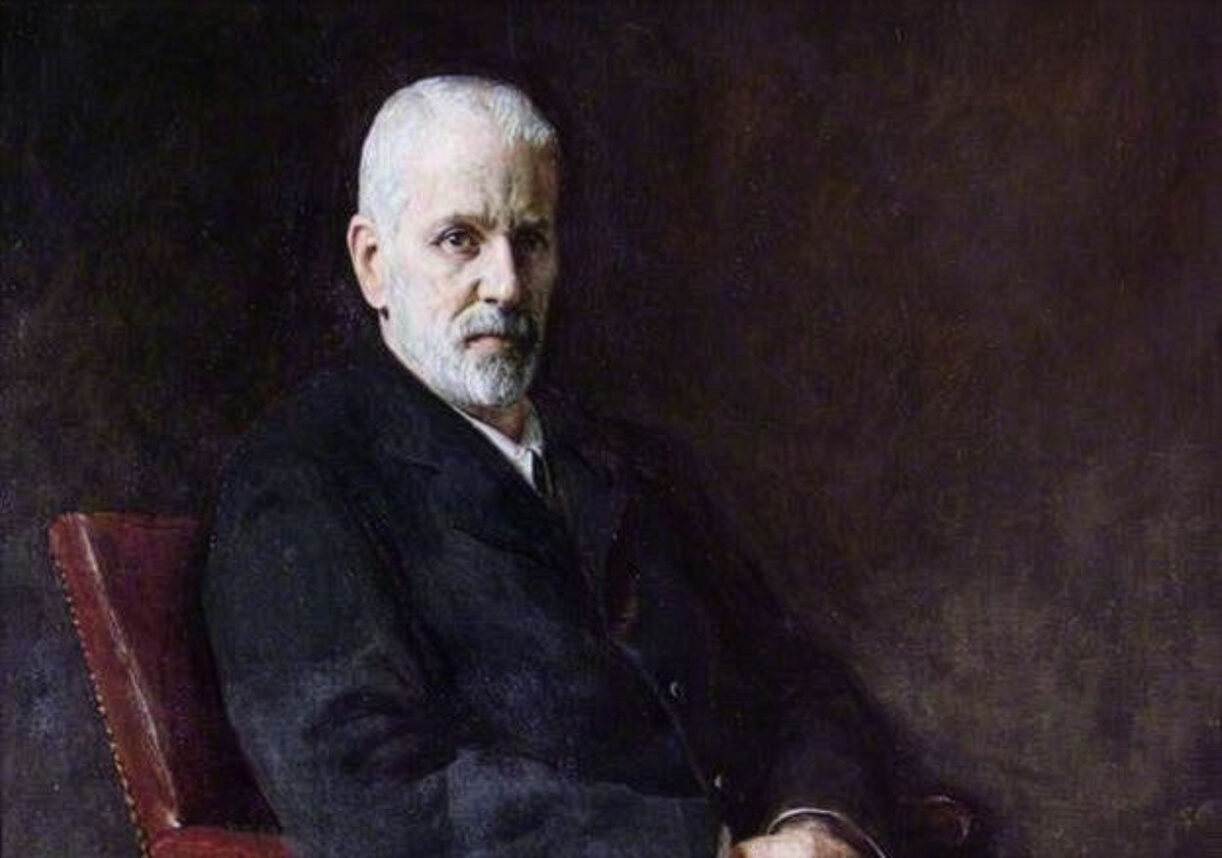
Israel keeps breaking all the rules.
As a nation surrounded by enemies, beset by waves of terrorism, Israelis should all be basket cases. And yet, paradoxically, Israelis are happier, more optimistic, emotionally balanced, and physically healthier than citizens of almost every other affluent Western democracy, including such serene countries such as Sweden or Norway. They have among the world’s highest life expectancies and the lowest rates of “deaths of despair” from suicide and drug use. It is ranked as the 4th happiest country in the world, according to the Organisation for Economic Cooperation and Development (OECD).
On every metric of societal health, Israel outpaces other Western nations tracked regularly by the OECD. For example, nearly without exception a nation’s fertility falls as their wealth grows. Not so Israel, where even secular Israeli couples typically have three to four children. By dramatic margins, Israel is the youngest among affluent democracies. In 2019, Israelis’ median age was 29; Europe’s was 41.3. If present trends hold, by 2050 the average Israeli will be about twenty years younger than the average Italian, Spaniard, or German.
“While the rest of the wealthy world will look increasingly like an old-age home, Israel will still be opening playgrounds and schools at a steady clip. Clearly, a country with more strollers than walkers has a different feel, energy, and excitement about the future,” write Dan Senor and Saul Singer in their new and fabulously well-timed book, “The Genius of Israel: The Surprising Resilience of a Divided Nation in a Turbulent World,” published November 7 by Avid Reader Press.
Senor and Singer are authors of the 2009 bestseller “Start-Up Nation: The Story of Israel’s Economic Miracle,” and teamed up again to explore the reasons for Israel’s resilience and societal success. Despite the agonizing and fierce arguments that roiled Israel for so many months over the proposed judicial reforms, now on hold, Senor and Singer insist that what unites Israelis far outweighs what divides them. Even anti-government demonstrators invariably carried Israeli flags. It’s hard to imagine that kind of scenario in the U.S.
The authors acknowledge the very real differences among Israeli population sectors: religious and secular, Jewish and Arab, rich and poor. Yet they present a compelling case that Israeli society succeeds where other wealthy, Western democracies flounder because of four essential strengths.
The first is national service. Induction into the IDF isn’t only a rite of passage, it’s a “school of civic education.” Success in the IDF is based on merit and, crucially, the ability to perform well as a team. Israelis as young as 19 may become sergeants, and the leadership and maturity they learn gives them the confidence to take risks out in the world. Israelis are not afraid to try something and fail.
Love of country in many places “is considered quaint, primitive, even immoral … To Israelis, the nation is neither abstract nor assumed,” the authors write. Knowing they will serve the nation and sacrifice years of their lives, young Israelis “gain a sense of belonging not only to a people and a project that is larger than themselves, but to a shared purpose.”
Second, the IDF integrates at-risk youth and people who are neurodiverse, ensuring they can also benefit from that sense of purpose and belonging. For example, a special unit called Roim Rachok (“seeing into the future”) has autistic soldiers who are extraordinarily skilled in analyzing aerial and satellite photographs. Roim Rachok was spearheaded by parents of autistic teens, underscoring one of the book’s themes that Israel’s informal “hevre” (social network) framework, and easier access to people in high places, often paves the way for innovations.
In the chapter “Uber to the Moon,” readers learn about three young engineers who managed to secure backing to develop a lunar probe, Beresheet 1, on a mission to the moon, through the Israeli nonprofit SpaceIL. In 2019, the probe successfully reached the moon but crash landed. It was still a remarkable achievement that had the entire country riveted with excitement. As if to underscore the premise of the book, the probe was sent into space with the Israeli flag on it and inscribed with the Hebrew words Am Yisrael Chai as well as the phrase, “Small country, big dreams.”
The authors also cite Shabbat as another foundational reason for Israel’s health. Jewish family values remain powerful, and more than 70% of Jewish Israelis have a traditional Shabbat dinner each week with family and friends, often an intergenerational affair. Despite tensions between Haredi and secular communities, many Israeli families are blended religiously and ethnically. These personal connections prevent the level of intolerance so widely experienced in the U.S. among families with opposing religious and political views. Shabbat has become a bedrock of what the authors call the new “civil religion” among the secular set.
Finally, even nonreligious commemoration days such as Yom Hazikaron and Yom HaShoah are honored by every single person in the country, one might say with religious zeal. There is universal respect in Israel for the shared story of Jewish history, particularly in the land of Israel.
Throughout each fascinating chapter, the authors demonstrate how and why so many Israelis find life in Israel to be about something bigger than themselves. Tal Ben-Shahar, a Ph.D. in Organizational Behavior whose Harvard course on happiness has attracted many thousands of students, explained Israelis’ improbable levels of happiness this way: “There are three secrets to happiness … the first secret is reality. The second secret is reality. And the third secret to happiness, you got it — reality.”
I asked Saul Singer, who lives in Israel, how Oct. 7 may have changed any of their perspectives. Yet despite the trauma and unspeakable losses, Singer and Senor firmly maintain their convictions about Israeli resilience. Singer noted that a recent poll showed that 96% of Israeli Jews agree that Hamas must be toppled in Gaza, and more than half of Israeli Arabs either “strongly” or “moderately” agreed. “This is quite striking,” Singer told the Journal. “You can’t find 96% of Israeli Jews to agree on anything.” He added that Israeli Arabs are now identifying with Israel at higher rates than ever before, according to polls that have tracked this for many years.
The keys to Israeli society success are fundamentally Jewish ideas: the emphasis on “we” more than on “I.”
The keys to Israeli society success are fundamentally Jewish ideas: the emphasis on “we” more than on “I.” The understanding that we are one people with a shared and fantastic history, and the feeling of mutual responsibility and caring resulting from that awareness. At its most fraught moments, such as now, Israelis unite fiercely and movingly. Quoting author David Grossman, speaking to anti-government demonstrators on the eve of Passover, “We did not realize how deeply we belong to this state. Belonging, caring, solidarity: Words that have taken on existential dimensions and solidity as this night falls upon us. We ourselves did not imagine how much love was hidden inside us for the way of life have managed to create here in Israel.”
Anyone who has been paying attention can see that this love for Israel among its incredibly diverse population, and for one Jew for another, has been a shining light since the blackness of Oct. 7. “It’s a small country with a big story,” observed writer Micah Goodman. “Every person feels they have a role. I can shape history.”
Judy Gruen is the author of several books, including “The Skeptic and the Rabbi: Falling in Love with Faith.” Her next book, “Bylines and Blessings,” will be published in February 2024 by Koehler Books.


































